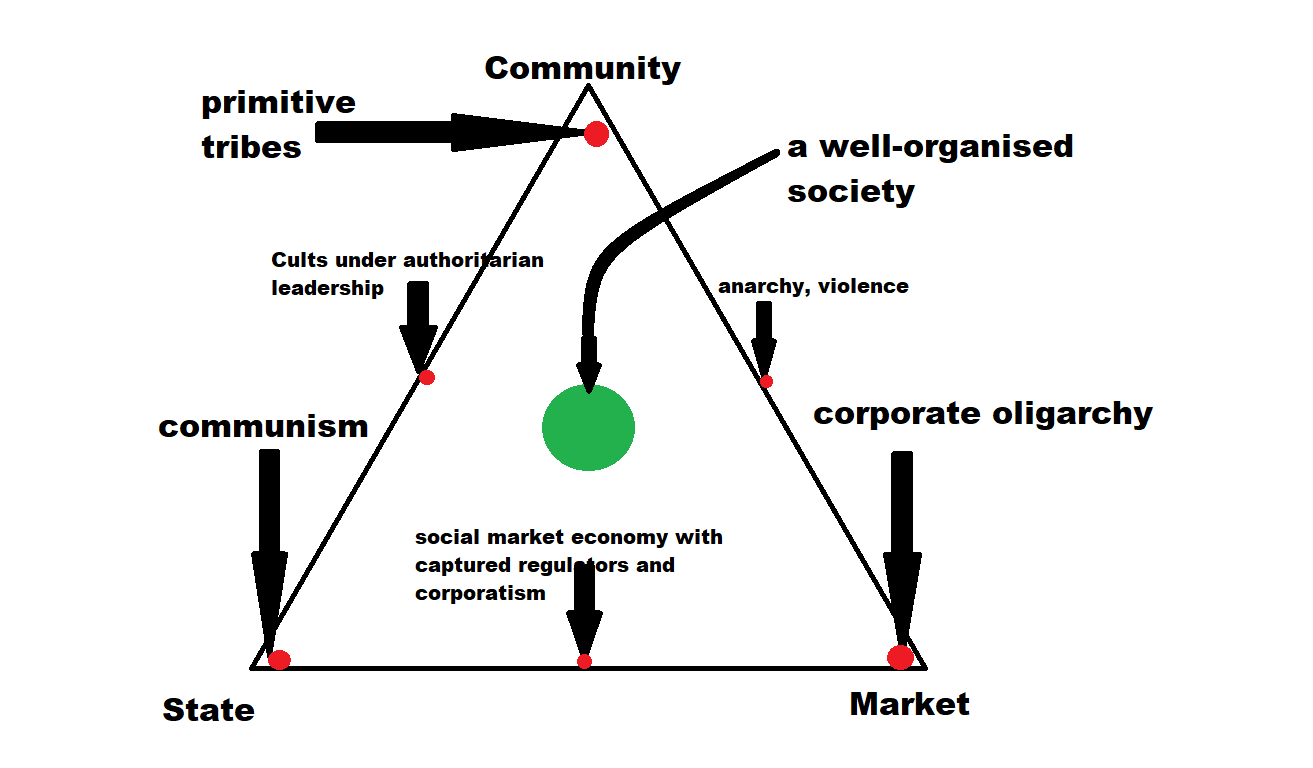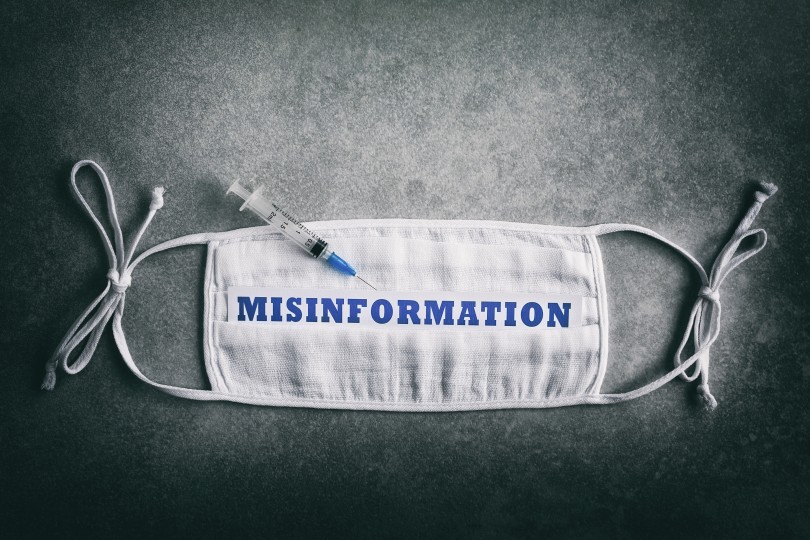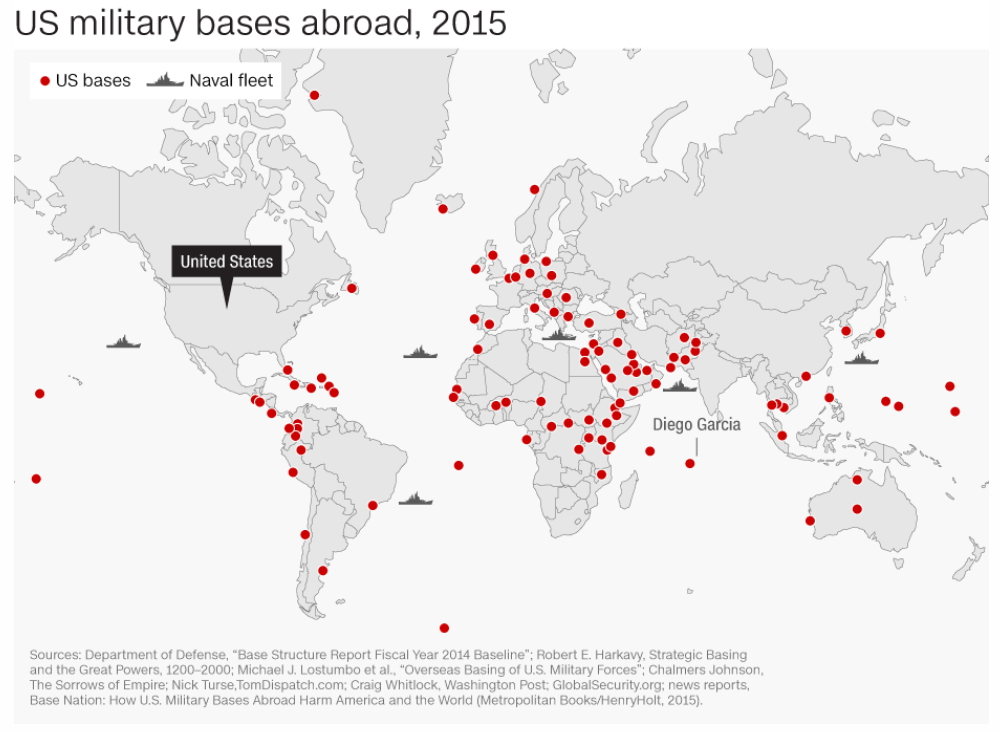I sometimes listen to Brett Weinstein on the Darkhorse Podcast, whence I hear an uncanny number of my own, older ideas echoing back at me – which is a little creepy, somewhat flattering but mostly not that edifying an experience. In general, I find Brett in that category of thinkers who – though quite smart and original – is slightly less smart and original than he thinks he is. If his brain were a little bigger, or his ego a little smaller, he would stand a better chance of making a meaningful contribution to the world of ideas. All in all, I think I listen more for the comforting and good-natured repartee he has with his sidekick wife Heather, than because I expect to learn something.
Occasionally, though, Brett hits upon something that really provokes thought. In a recent episode, he makes the point that there is a fundamental difference between academic and vocational education: for the former, test results are given by the teacher. It’s possible for the teacher to exercise discretion, induce grade inflation or act on biases. For the latter, the outcome of the education is too closely tied with a material, objective result. If you write a bullshit essay about the sociology of queer bubble tea drinkers, it’s possible a sufficiently biased teacher would give such an essay a high grade that does not reflect its true merit. If, on the other hand, you build a book case so badly that it falls apart upon contact with any reading material, there is nowhere to hide the fact that you have not been a good student. The physical world has a way of highlighting failures which, in the artificial world of academics, can be disguised behind a veil of ‘subjective validation’.
This idea of ‘subjective validation’ is actually an important point for making sense of the Western World in 2024. I have argued before that wokeness as a form of postmodernism is a real and meaningful concept for understanding current affairs – so many of society’s ills involve the replacement of the objective with the subjective. I have also argued that there is a pandemic of overeducation which leads to the ‘dumb but educated’ having less – not more – capacity to reason.
Weinstein’s point about education fits right in to this architecture. From kindergarten through to her second master’s degree, the entire life path of a middle class, professional American is defined by validation – not from the hard edges of bumping into physical failure – but from the soft, socially malleable constraints created by authority figures, peers or other social forces. Even in the physical sciences, the majority of ‘research’ involves models and theories that are two steps away from any practical application. This dulls us to the rigors of objective reality, in favour of subjectivism which may in itself be a defining factor in the success of postmodernist ideas like critical race theory or transgenderism.

None of us is immune from this, of course. I recently attempted to erect a woodshed in my garden. To accomplish the task, I took with me a few tools, but a much larger stock of hubris from my relative success as an ‘attender of meetings’ and ‘sender of emails’. After all, I have many degrees and accolades, etc, etc. None of this mattered much to the final result of the woodshed, which currently stands as a risible and leaky testament to the fact that the physical world doesn’t give a damn how smart other people think I am.
In fact, you can generalise Weinstein’s point to encompass many phenomena in today’s society; a society in which an increasingly large number of people have learned what they know through subjective, rather than objective, validation. Take the entire culture of safety-ism. If your conception of the dangers of falling and hurting yourself come from warnings issued by your overprotective mother, rather than the crunch of your seven-year-old bones as you plunge from the climbing frame, then your understanding of risk is one degree separated from the consequence itself. How well equipped will you be when, later in life, the government mandates you to Stay Safe from a virus that poses virtually no risk to your 24 year old body?
And what impact does subjective validation have on the media? If the very idea of what is ‘true and correct’ comes, not from a careful observation of nature, but from some authority figure telling you ‘you are right’, what hope can we hold out for the journalists whose job it is to sort through this very social noise in search of the important objective facts? Today on Substack, the excellent Eugyppius writes about how shockingly the media has reported on the thorny issue of President Joe Biden’s mental health. But when the quality of reporting is validated not by any objective truth, but rather by the subjective validation of the collective authority (in this case of the elites themselves), this kind of mistake will be par for the course.
Of course, the world of subjective validation is itself ultimately subject to constraints of the objective kind. When entire generations have been told they are smart and clever by indulgent university systems, the fruits of this false validation will eventually result in economic stagnation, in military unpreparedness, and in a lack of meaningful innovation.
In other words, the woodsheds we’re building are getting very leaky.






